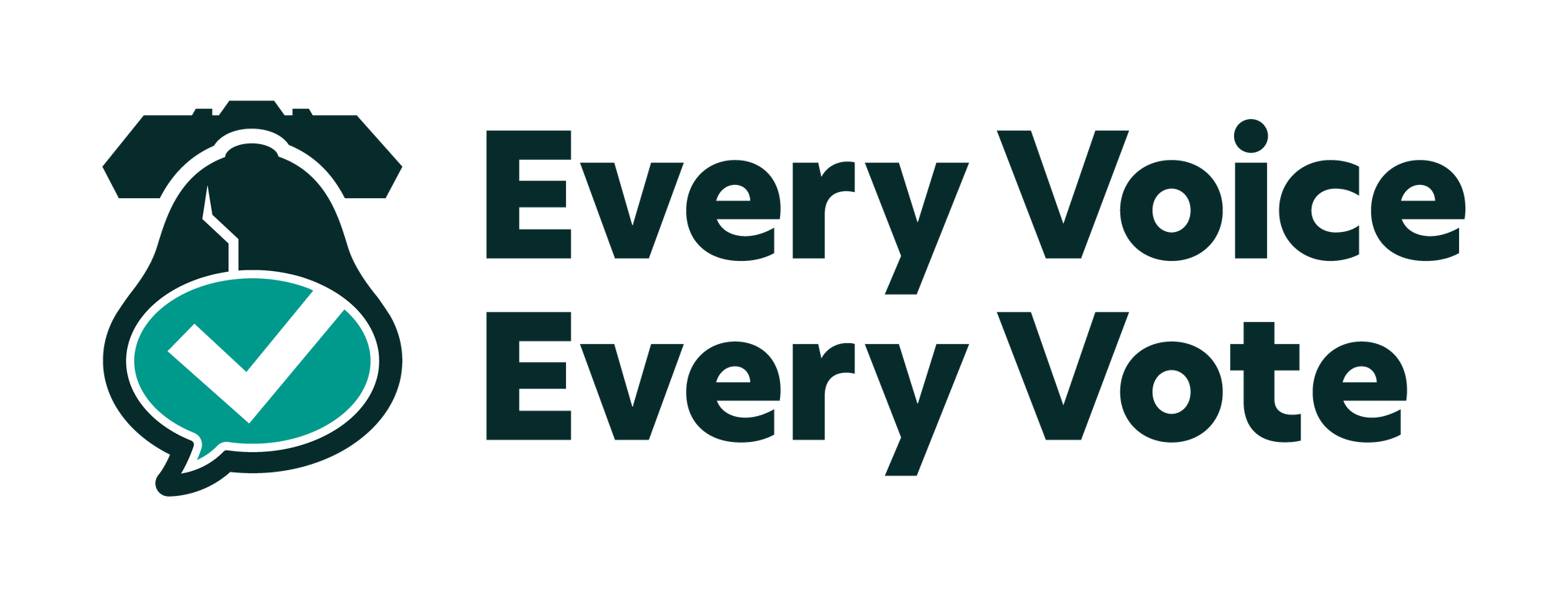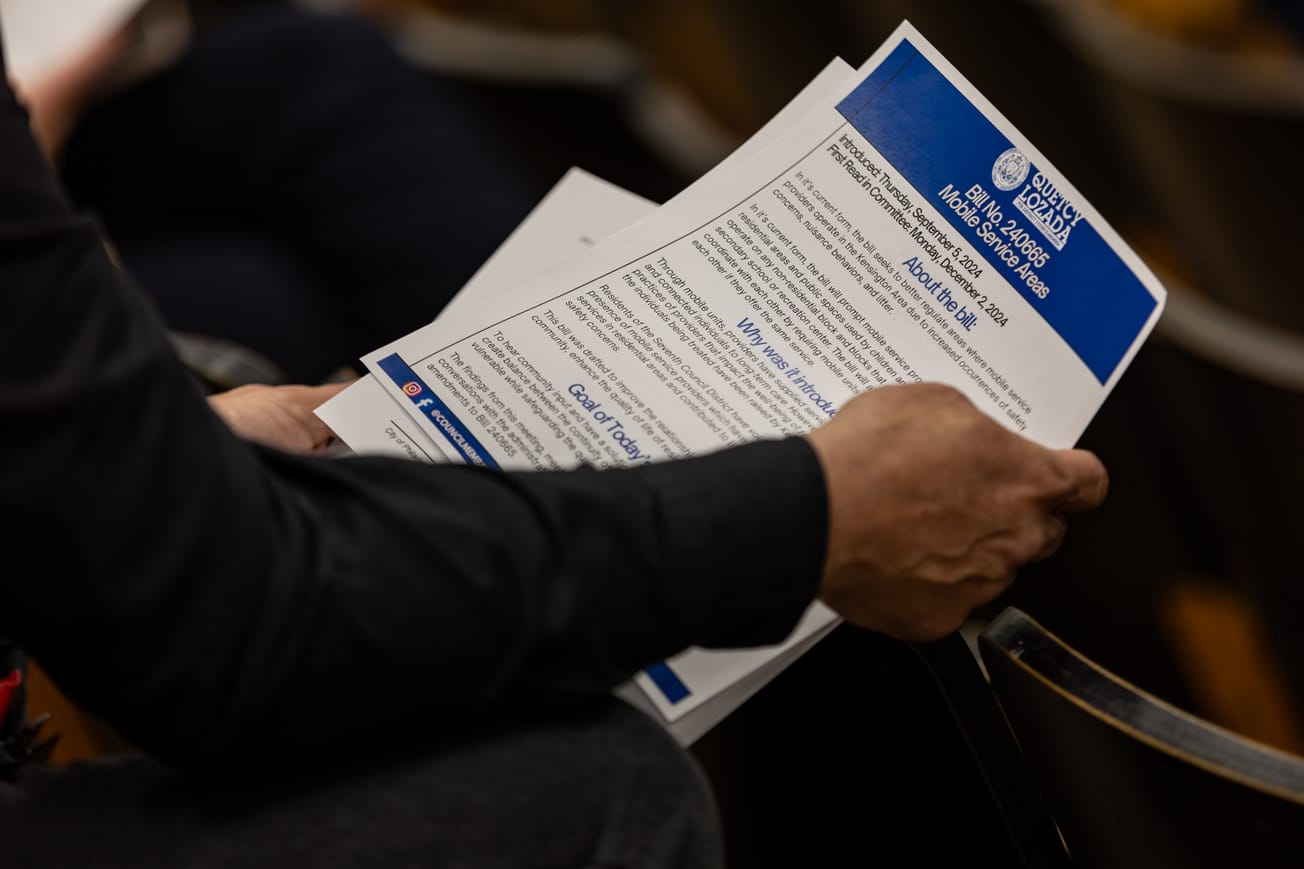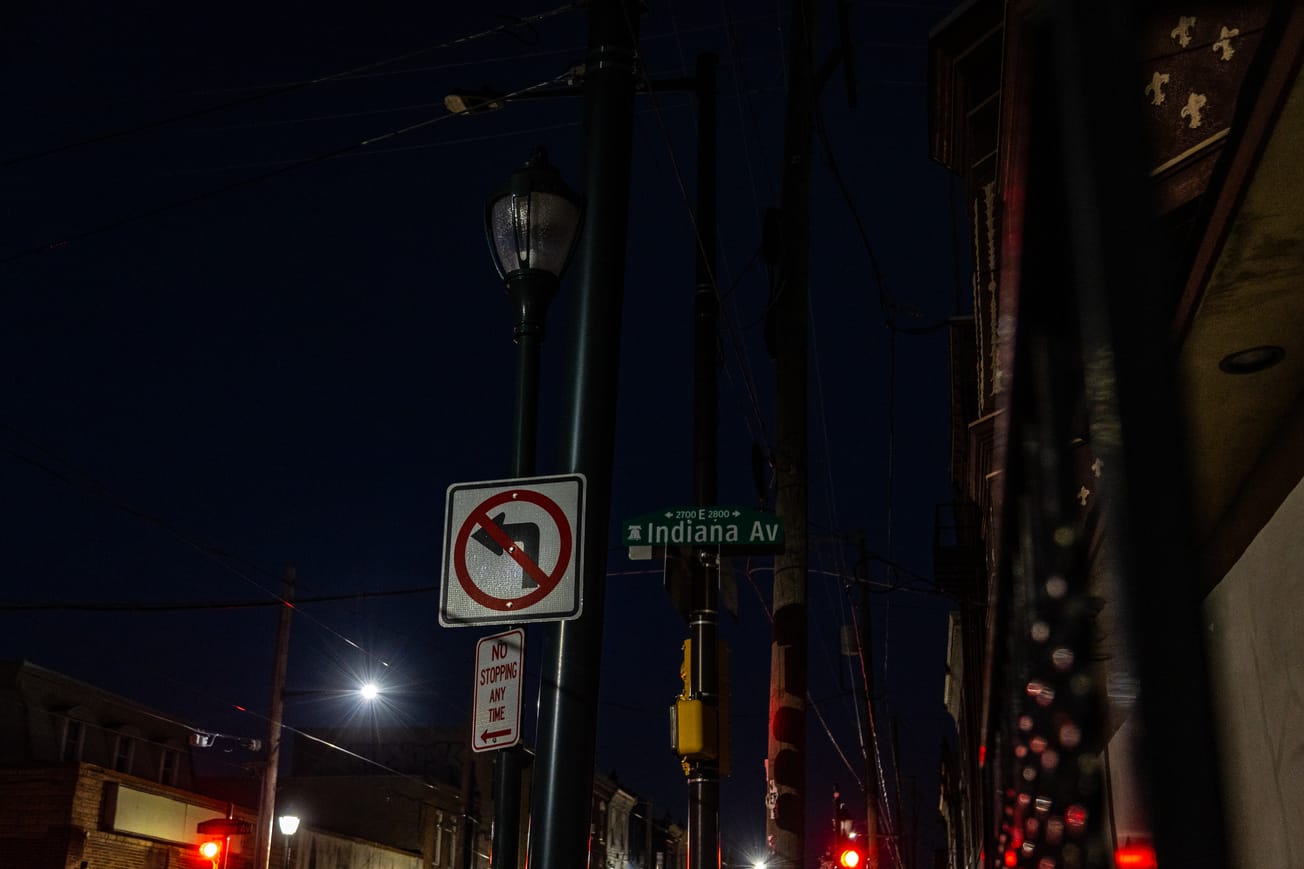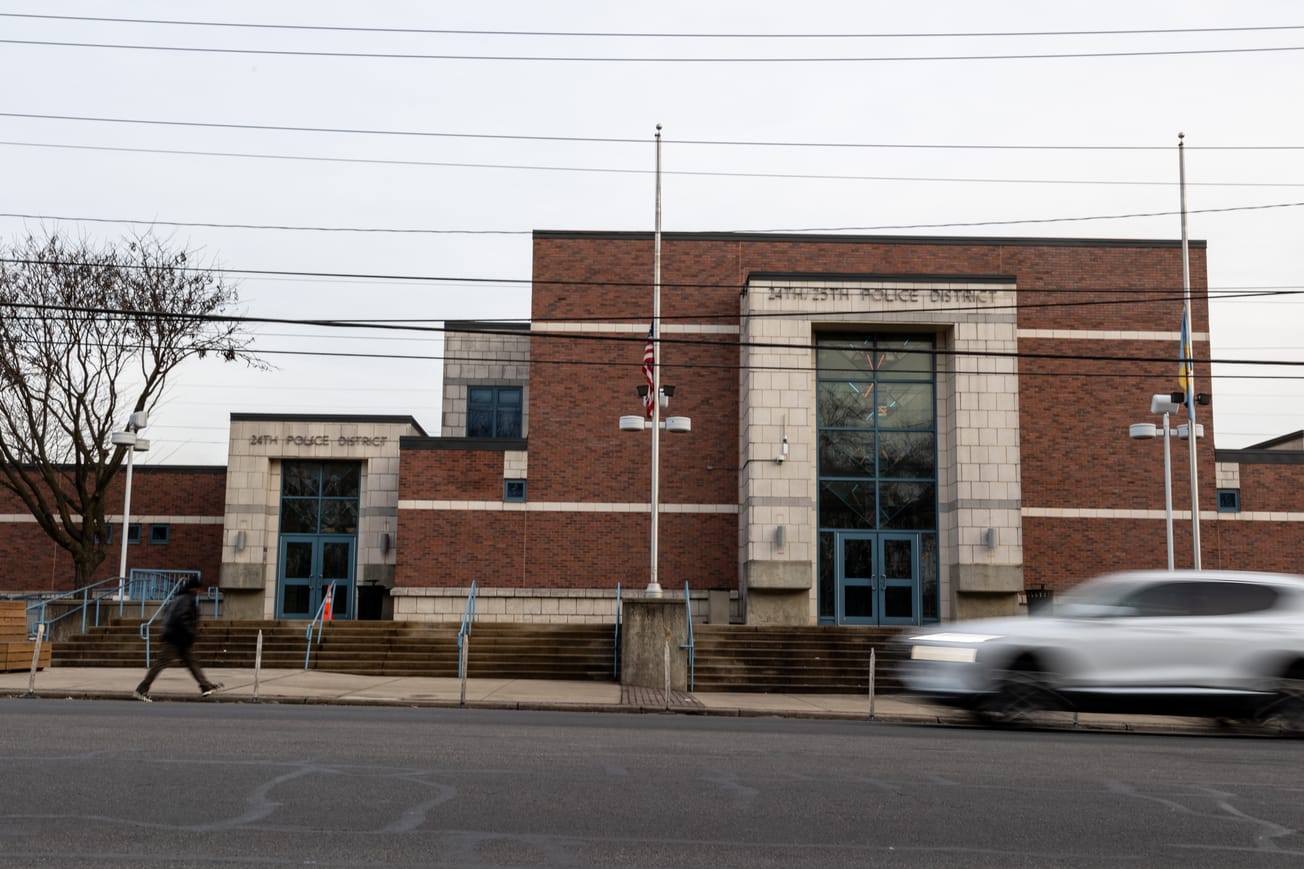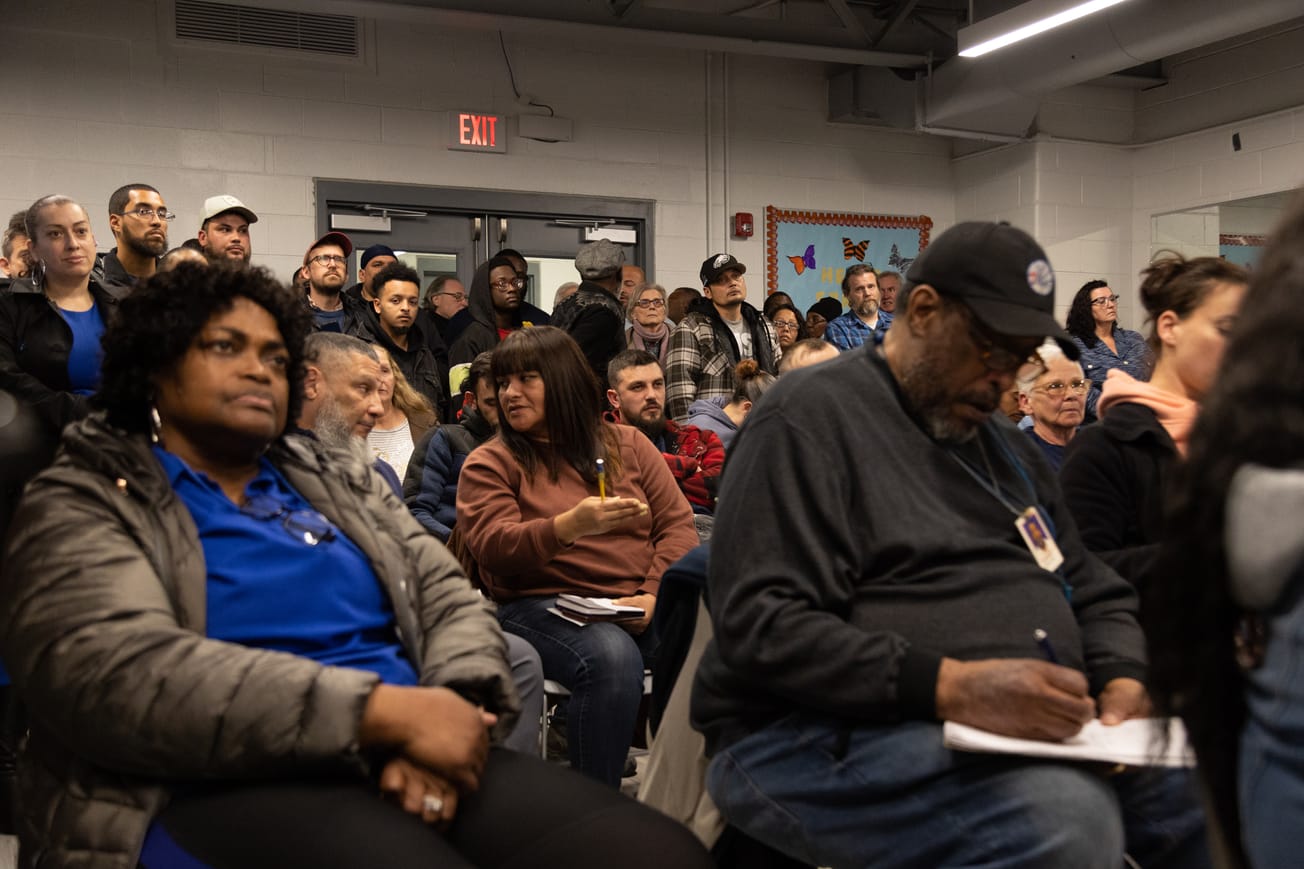A new addiction recovery housing and support center managed by the City of Philadelphia will open later this month, offering up to one year of housing to people who have completed at least 30 days of inpatient substance use treatment.
Mayor Cherelle Parker and several city officials announced the opening of the Riverview Wellness Village during a press conference Wednesday afternoon at the future recovery residence complex on State Road in Northeast Philadelphia.
Parker touted the center as part of the city’s $100 million commitment to expanding citywide health care and housing safety nets, a plan approved through her $6.37 billion FY25 “One Philly” budget last year.
Speaking to a large crowd, Parker spoke passionately about the city’s efforts to open the facility.
“We have a challenge with the intersection of mental and behavioral health, along with substance use disorder and addiction,” Parker said.
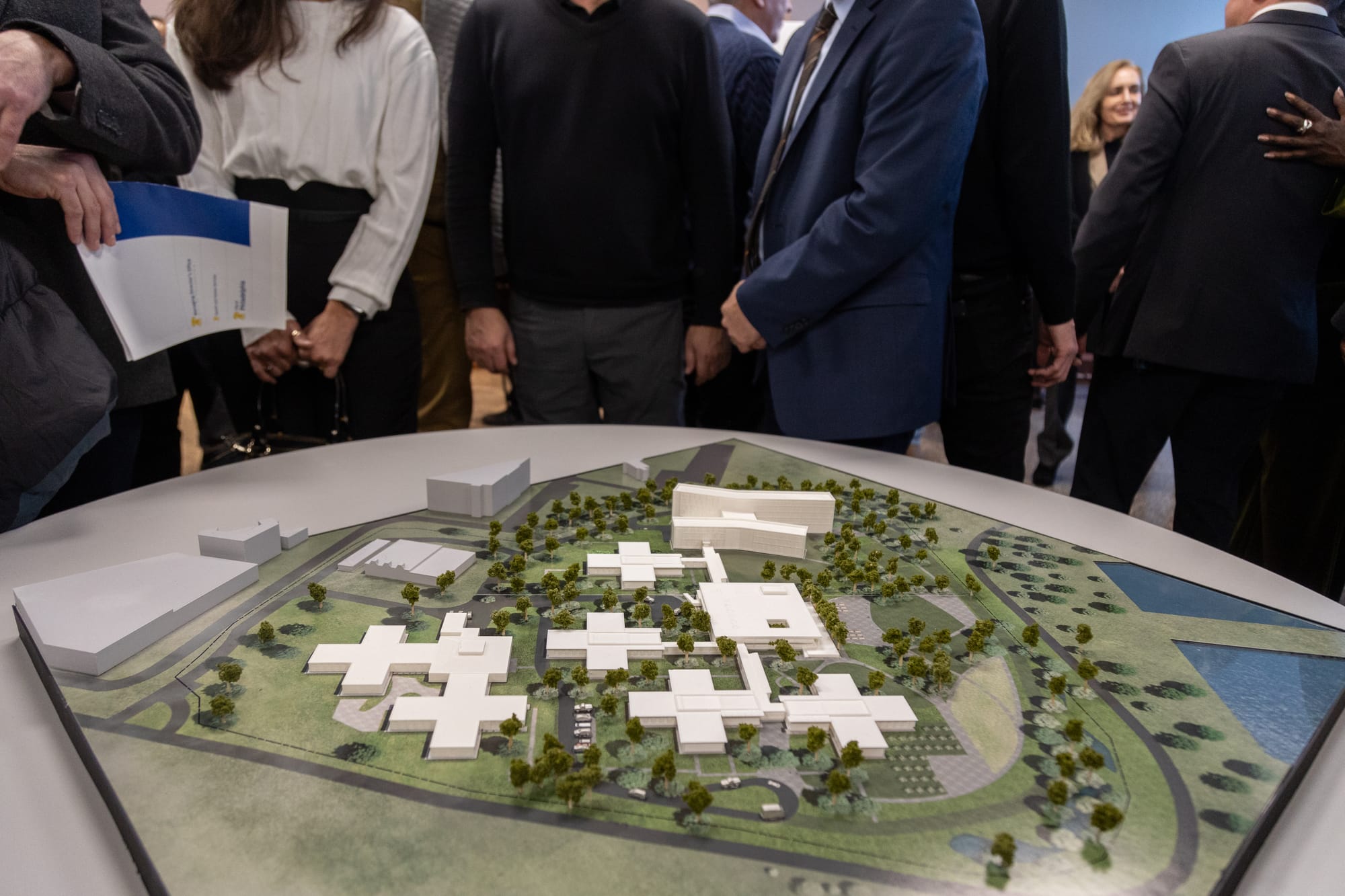
The new facility, located next to the Philadelphia Department of Prisons’ jail complex, sits on 19 acres of city-owned land that had been vacant for years, according to the city.
During the unveiling, Managing Director Adam Thiel called the previous property a “derelict city facility” and described how Riverview fits into the administration’s long-term vision and plans for a “more holistic, comprehensive, joined-up ecosystem of care” for people experiencing homelessness and substance use challenges.
The multiphase plan for opening Riverview will begin by offering 336 beds for people leaving short-term inpatient treatment programs. Thiel said the center has already started processing eligibility for participants from treatment facilities throughout the city.
“We're already into the vetting process for folks to come out of their treatment programs, and into this recovery center,” Thiel said.
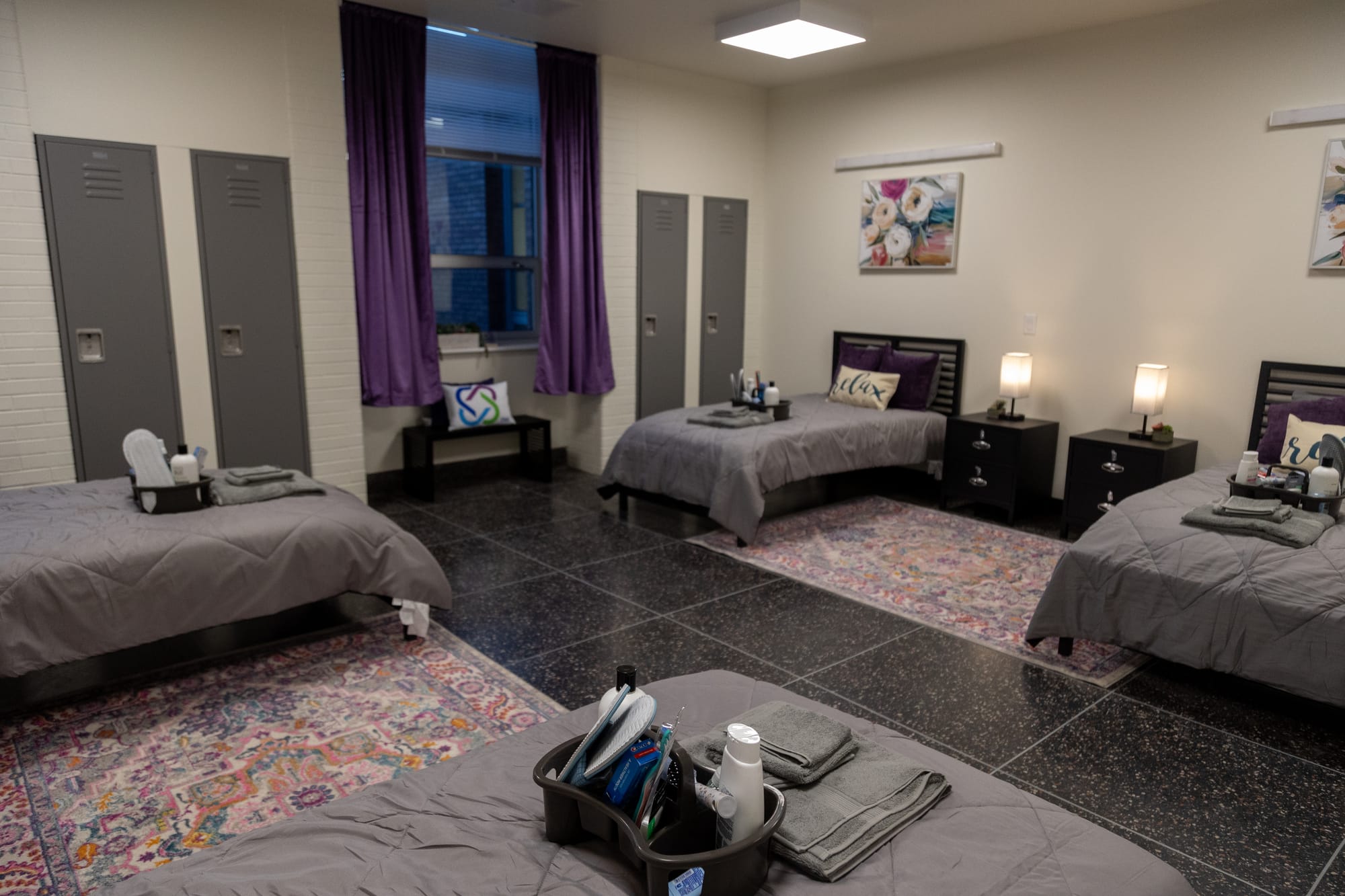
Future plans include constructing another residential building with at least 300 additional beds, which will expand the campus’ capacity to more than 600 people.
Riverview will offer a range of resources for residents, including primary care access, chronic disease management, behavioral health support, community gardening, and art therapy.
The center has partnered with Merakey, a substance use provider that currently does assessments, referrals and mobile services in Kensington. The Black Doctors Consortium will deliver on-site medical care.
“It's not going to be what insurance you have, or don't have,” said Ala Stanford, founder of the Black Doctors Consortium. “All you have to do is be a resident here, and want to be seen. And so, if someone has a wound, a lump, something that hasn't been looked at in forever, we're going to take care of it.”
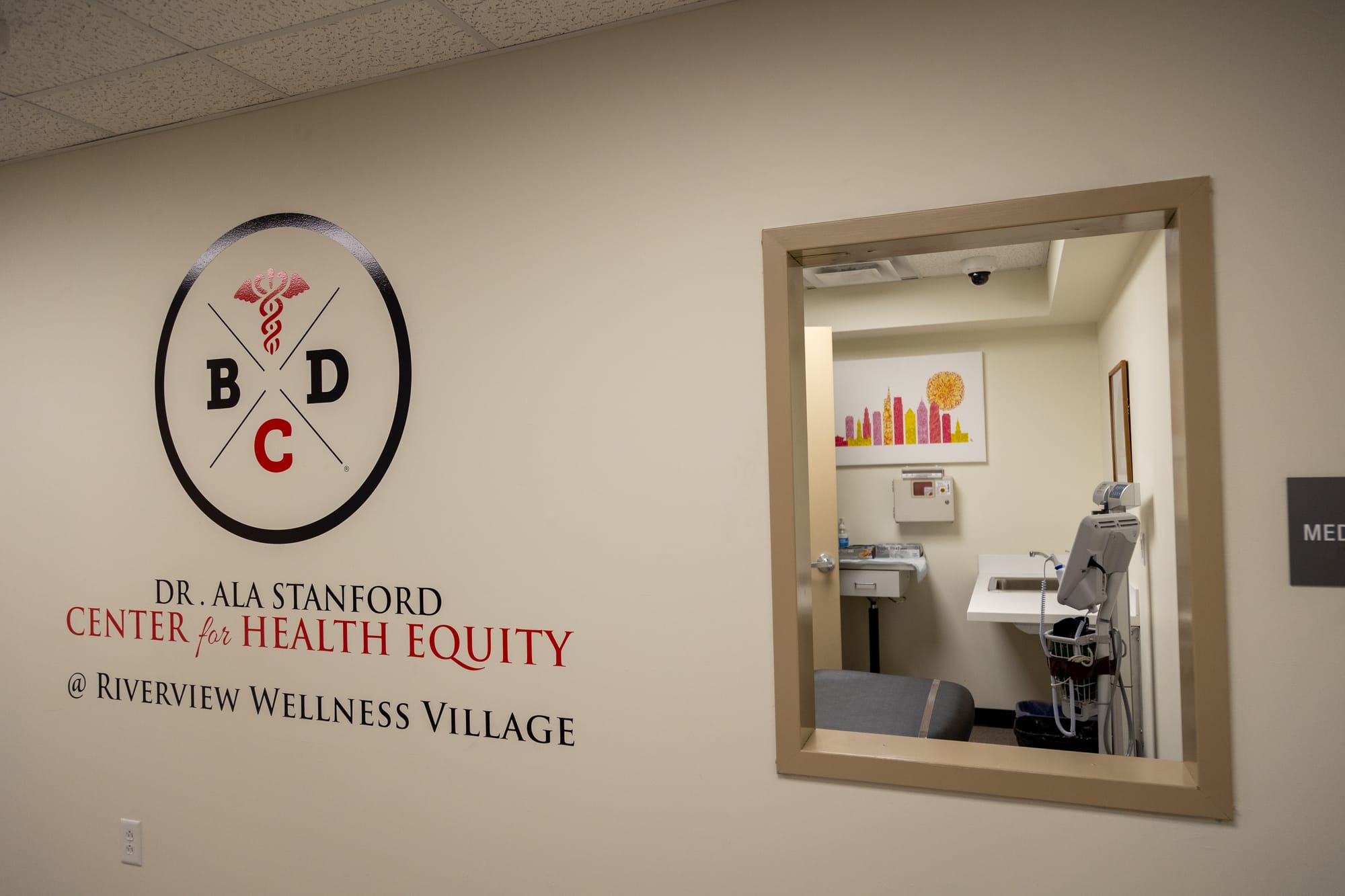
Stanford, who also founded the Dr. Ala Stanford Center for Health Equity, said the Black Doctors Consortium will employ nurse practitioners, physicians, and physician assistants on site and adjust staff as needed based on patient volume. The medical team will manage chronic health conditions, including diabetes and hypertension, as well as acute conditions requiring wound care.
The city is identifying applicants through assessments and intake processes, including neighborhood street outreach, the Police Assisted Diversion (PAD) program. They will also identify patients through the city's new "wellness court" initiative, which is set to launch in the coming weeks.
“There are 200 people on a waiting list trying to get into this type of housing and that is our first target group that we're going to be assessing to bring in,” said Isabel McDevitt, executive director of the city’s Community Wellness & Recovery initiative.
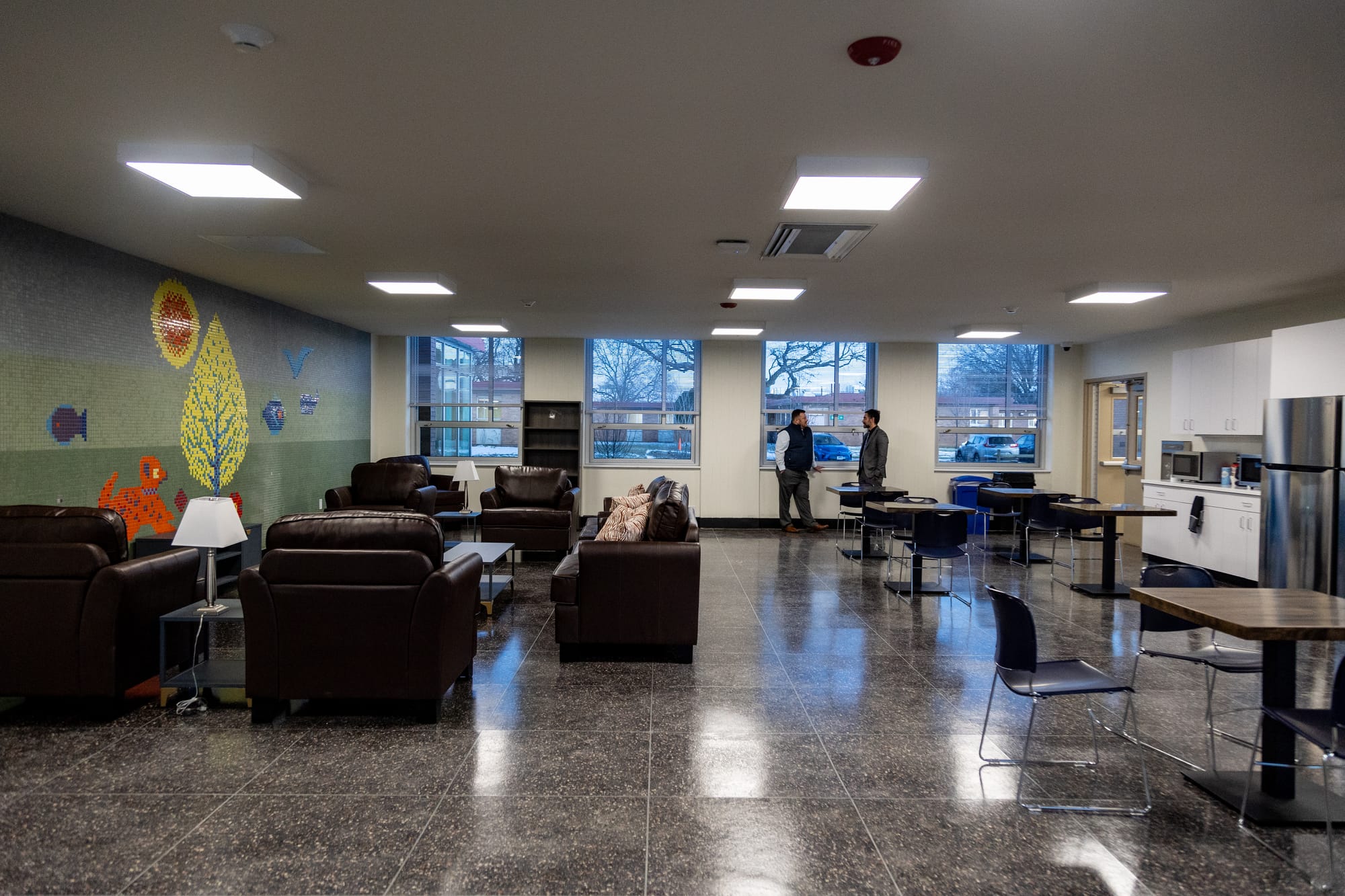
McDevitt said the center is working with state and local officials to help make the housing and services affordable for participants
“Part of a case management plan would be to make sure that people have access to the benefits they’re eligible for, most likely Medicaid,” she said. “The city of Philadelphia has made an initial investment to fund, but we will be looking with our partners to bring in additional [funds].”
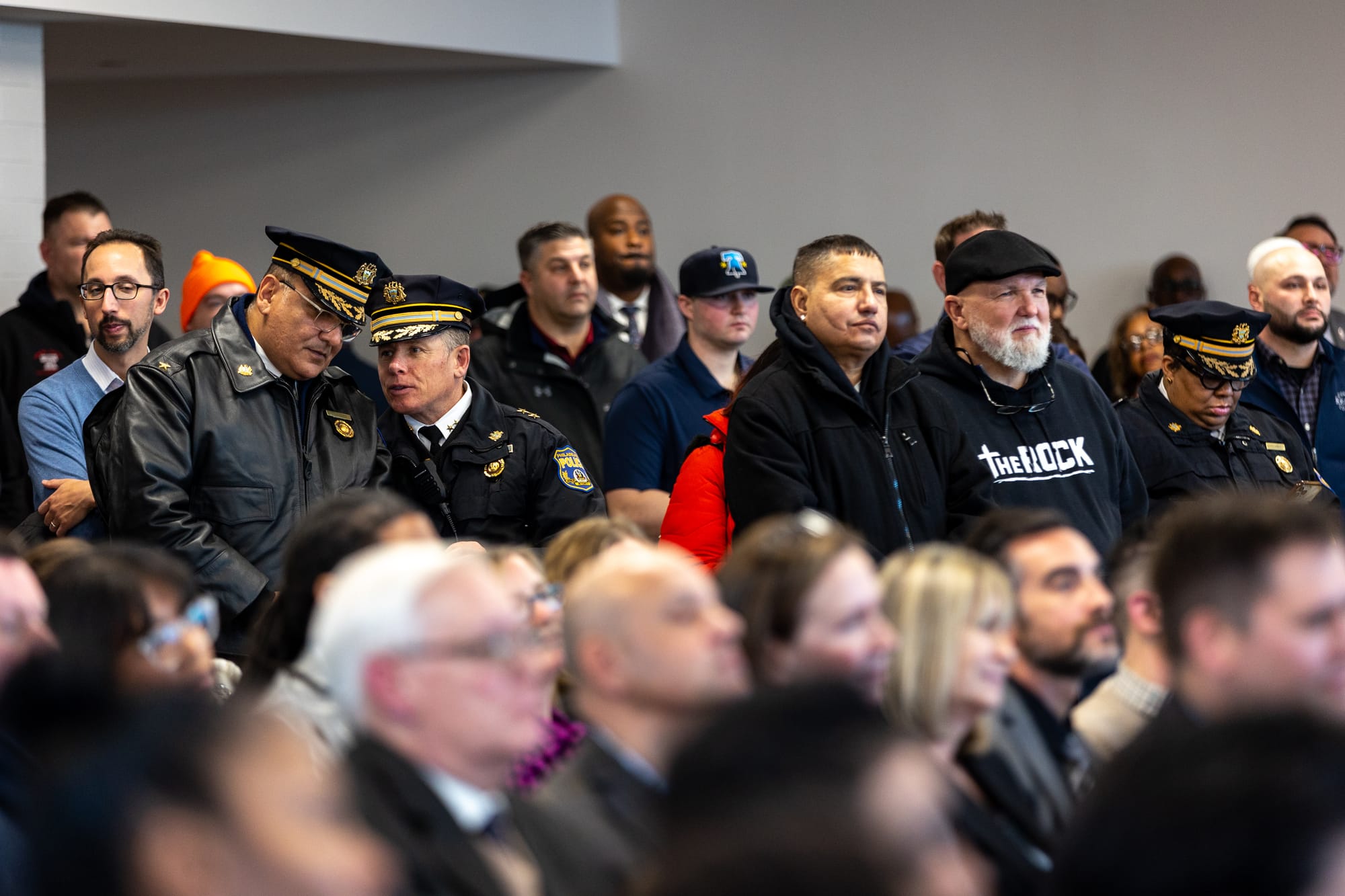
How will Riverview impact Kensington?
It remains unclear how the Riverview Wellness Village will address the needs of people with substance use disorders who are currently experiencing homelessness in Kensington.
A booklet distributed by the city Wednesday, titled “Pathways to Wellness,” outlined two distinct challenges: Kensington’s street homelessness crisis and the 200-plus waiting list for recovery housing that McDevitt mentioned during the city’s announcement.
“At any given time, more than 800 people experiencing homelessness and substance use disorder are living on the streets of Kensington,” the booklet stated. “Additionally, there is often a 200+ person waiting list for those who have completed inpatient treatment and need continued support services at recovery housing programs, yet not enough beds exist.”
On Wednesday, Parker strongly refuted claims that Riverview is “solely” for Kensington and delivered a firm rebuttal to those assumptions.
“If someone leaves here with a message attempting to affirm that the Riverview Wellness campus is solely for Kensington, you will be spreading misinformation,” Parker said.
She also addressed “misconceptions” that drug addiction primarily impacts people who are unhoused in Kensington.
“You're neglecting people who are suffering in silence and some overdosing in their own homes,” Parker said. “You're not acknowledging what is really happening here in the city of Philadelphia.”
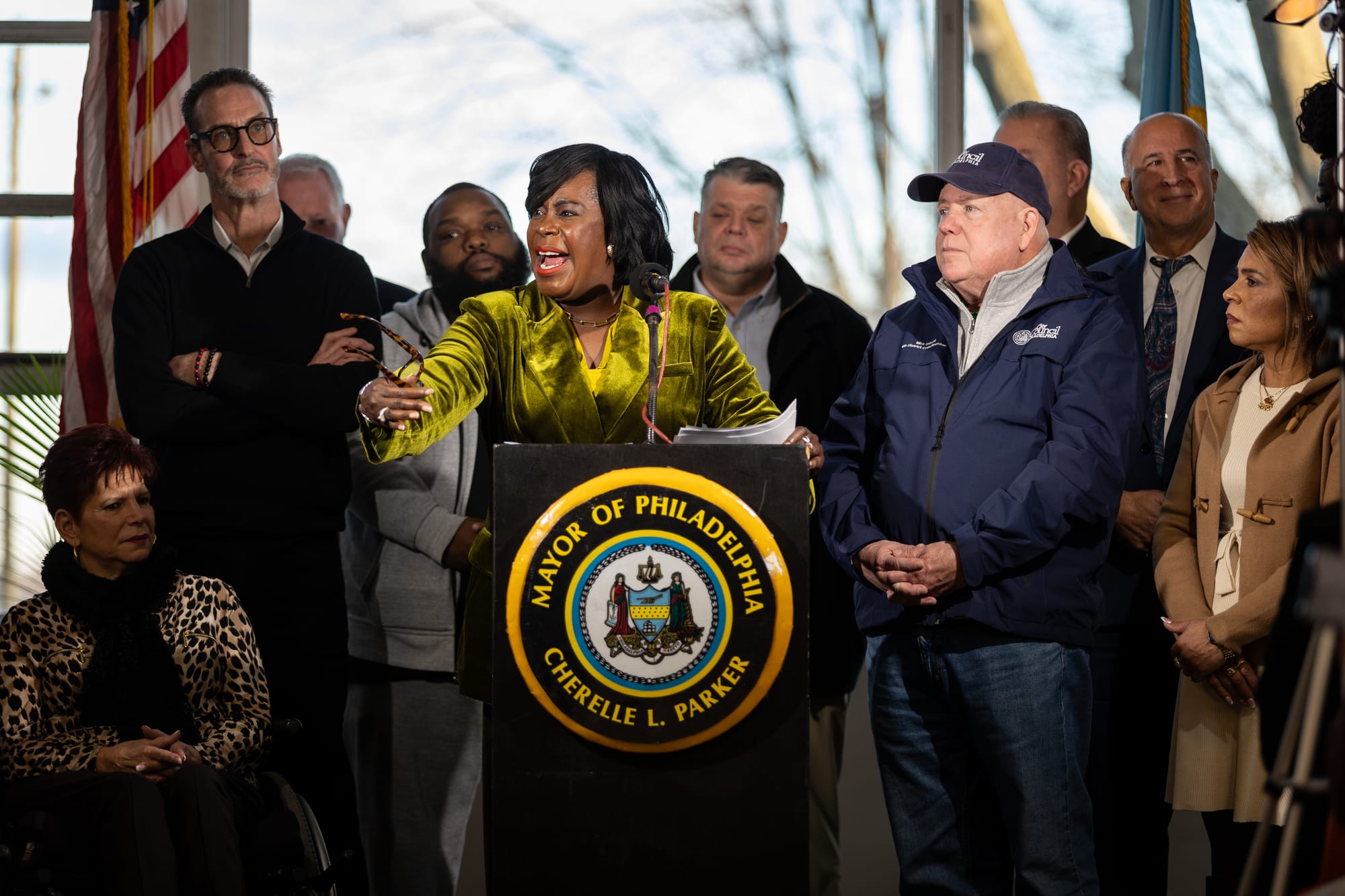
Councilmember Quety Lozada, who represents Kensington and attended the announcement, said that the perception that people with substance use disorder are “all unhoused in Kensington” stems from the neighborhood’s long history as an open-air drug market.
“It's natural for people to perceive that, but the reality is that opioid addiction is a citywide issue,” Lozada said. “This is a response to the citywide issue that we have in Philadelphia.”
The city’s “Pathways to Wellness” booklet identified the citywide Neighborhood Wellness Court program as one of several processes the city plans to use to address these challenges. Kensington’s initiative is set to launch in the coming weeks.
The diversion program will offer people arrested for summary offenses including disorderly conduct, obstructing the highway, public intoxication, and failure to disperse a choice between drug treatment and criminal penalties, according to the Defender Association of Philadelphia.
However, despite the administration’s assurances, harm reduction advocates and some legal experts have raised concerns about potential legal and health ramifications of the wellness court program
In December, the ACLU and several attorneys sent a letter to the Parker administration and Chief of Public Safety Adam Geer, urging them to reconsider the initiative.
The letter argued that implementing the wellness court “threatens to sidestep due process protections guaranteed by the U. S. and Pennsylvania Constitutions” and described the program as “devoid of due process and wrought with moral wrongs.”
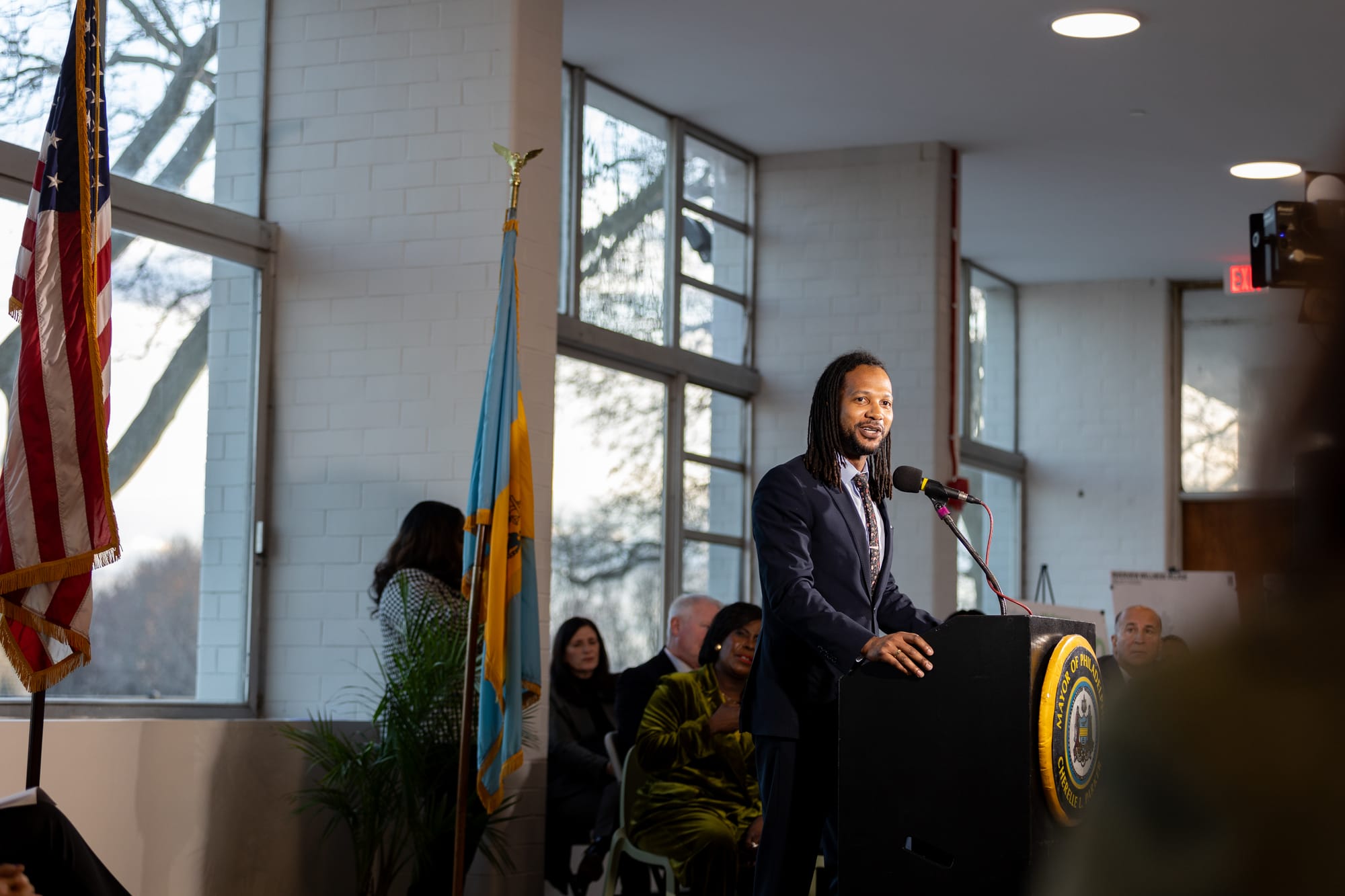
On Wednesday, Geer dismissed these concerns.
“We will never do anything that we think even tests the balance of constitutionality or the laws or anything like that,” Geer said. “The focus is on those folks and getting them connected to services…We look forward to sharing more.”
When asked whether the administration planned to reverse former Mayor Jim Kenney’s Opioid Emergency Response Executive Order, Geer said, “not at this time.”
“People know what the laws are,” Geer said. “People know what we're trying to accomplish...but very shortly, there will be probably all of your questions answered.”
Have any questions, comments, or concerns about this story? Send an email to editors@kensingtonvoice.com.
